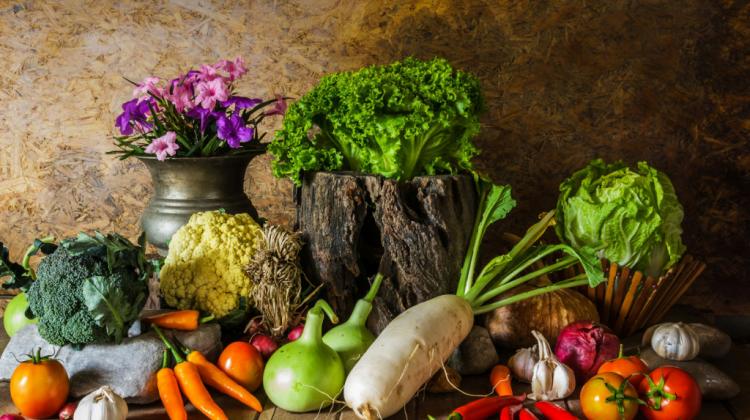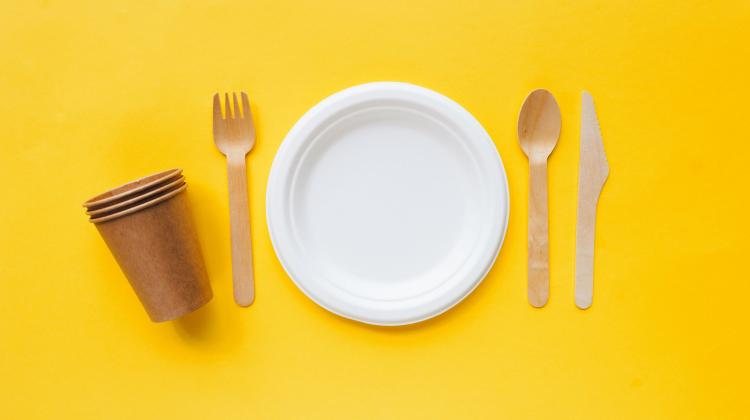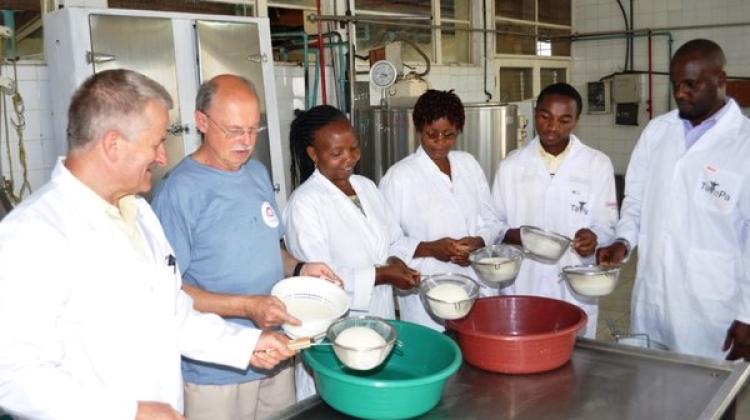Ultrasound and electric current: a recipe for cheaper food
 Photo: Fotolia
Photo: Fotolia
Ultrasound and electric field may help produce better food and reduce the costs of processing foods. Scientists from the Warsaw University of Life Sciences are conducting research on the subject.
Ultrasound or electric current may seem dangerous or unsafe. However, it turns out that their appropriate application can positively affect the content of bioactive substances, very valuable from a nutritional point of view.
Researchers from the Department of Food Engineering and Process at SGGW-WULS showed how to use pulsed electric field and ultrasound to shorten the process of drying fruits and vegetables, and beneficially modify their physicochemical properties so that they are more acceptable to consumers. These technologies may also find use in supporting other processes and operations in food technology, for example in the preparation of dyes. Spokesman for the Warsaw University of Life Sciences Dr. Krzysztof Szwejk informed of the research of scientists from the Department of Food Engineering and Process in a release sent to PAP.
"The food industry uses about 10 percent of the total amount of energy consumed in our country, and the most energy-consuming processes and unit operations in food processing are drying and freezing" - said the Dean of the Faculty of Food Sciences at SGGW-WULS, Prof. Dorota Witrowa-Rajchert. She emphasised that finding solutions that can shorten the duration of these processes will contribute to lowering the cost of food production and to environmental protection, and to producing high quality products.
Currently scientists around the world involved in food sciences are focussing on the so-called non-thermal food processing technologies, namely those that allow to achieve technological goal without raising the temperature of the product. "Among those technologies, highest hopes are associated with ultrasound and pulsed electric field" - said Eng. Artur Wiktor, head of the project involving the use of ultrasound and pulsed electric field to assist fruits and vegetables drying. Research conducted by his team is financed by the National Centre for Research and Development under the LIDER program.
As part of this project, the department also carries out pioneering research aimed at, among others, investigating the effects of sequential preliminary treatment using pulsed electric field and ultrasound on the process of convection and microwave-convection drying of plant tissue. "Studies of this type have not yet been published previously in domestic or international journals. Our department is thus the first centre working on this issue" - said Artur Wiktor. The results are very promising.
"Despite the fact that a large part of our attention is focused on examining the possibility of using pulsed electric field and ultrasound, we are also interested in the mechanism of action of these technologies on biological cells" - said Prof. Dorota Witrowa-Rajchert.
SGGW-WULS also carries out other studies related to these innovative food processing technologies. Eng. Magdalena Śledź, with a grant from the program PRELUDIUM of the National Science Centre examines the effects of ultrasound before drying on selected species of herbs compared with conventional process that involves blanching.
On the other hand, under IUVENTUS PLUS grant of the Ministry of Science and Higher Education, Dr. Małgorzata Nowacka is working on the application of these technologies in removing water from cranberry, which is widespread in Poland. The aim of this research is to develop technology that would increase the competitiveness of products obtained from domestic raw materials.
The research is intended to help in the development of pilot and industry-scale technological assumptions. Researchers from the Department of Food Engineering and Process SGGW-WULS hope that their work will enable the transfer of advanced and innovative knowledge of drying process assisted with preliminary treatment using innovative, unconventional methods.
PAP - Science and Scholarship in Poland
lt/ agt/ mrt/
tr. RL
Przed dodaniem komentarza prosimy o zapoznanie z Regulaminem forum serwisu Nauka w Polsce.
















